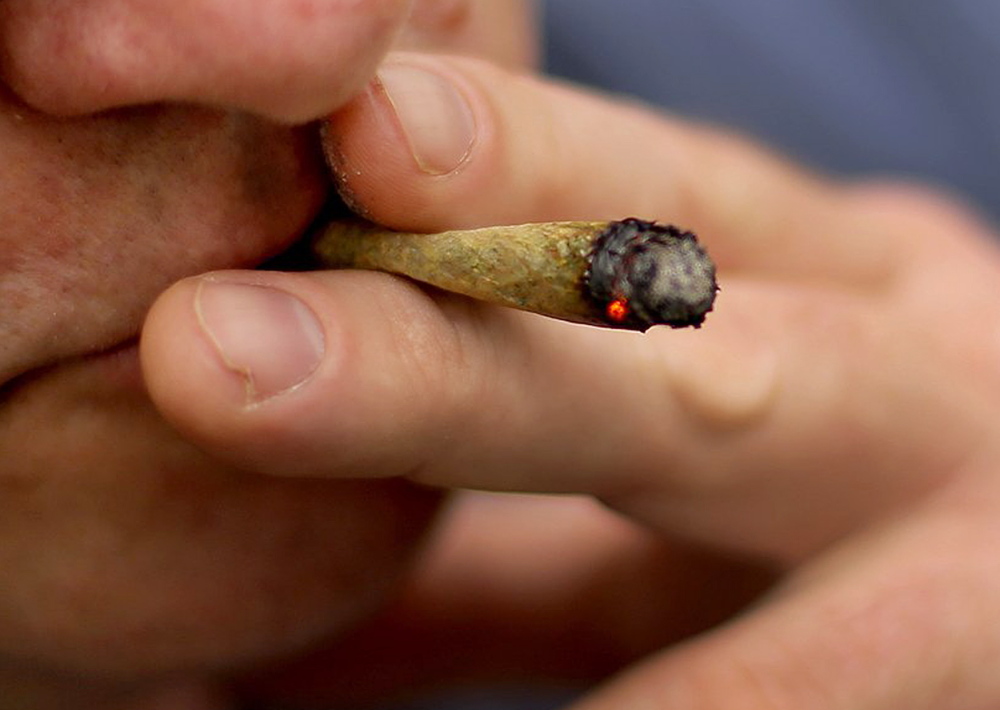Just when you thought the useless and wasteful drug-war philosophy of the past was slowly receding in the rear view, the Trump administration is pulling a U-turn.
The White House indicated last week that states like Maine that have legalized marijuana should expect “greater enforcement” of federal anti-pot laws, going against public sentiment, economic trends and the good sense that anti-drug resources should be spent on solving the opioid crisis, not disrupting safe, established businesses following state law.
It’s hard to know just what the administration has in store. The announcement last week, by White House press secretary Sean Spicer, came with no further details or policy changes, except to say that only recreational marijuana, not medical, would be targeted.
UNNECESSARY UNCERTAINTY
Going after recreational marijuana goes against a campaign pledge from Trump, but that doesn’t mean much. He also said last year he would protect transgender Americans, yet he recently rescinded federal direction on bathroom use for transgender students, citing state rights. (Apparently, states are free to discriminate, but not to legalize a largely harmless drug.)
It does, however, jibe with the views of Attorney General Jeff Sessions, who once said “good people don’t smoke marijuana” and now oversees the Justice Department in a country where nearly half the people have tried it.
Sessions in his confirmation hearings would not commit to following the Obama administration’s policy of leaving states alone as long as a solid regulatory structure was in place. Federal law is the law, Sessions has argued, and he will enforce it even when it conflicts with state law.
Of course, that conflict could be lessened, though not entire erased, if federal agencies and Congress took the sensible steps of reclassifying marijuana as a drug with accepted medical uses – something on the books in 28 states now – and rewriting financial rules to allow marijuana businesses that follow state law to use the banking system.
Instead, the Trump administration appears ready to antagonize those businesses; the real question is how. Spicer’s announcement has already injected great uncertainty into the industry, and actions such as raids or prosecutions of recreational marijuana businesses would further chill investment and scare off customers.
That would unnecessarily stunt an industry that is expected to produce more than 250,000 jobs and $24 billion in revenue by 2020, and send millions of productive and otherwise law-abiding Americans back to the black market, where their money is much more likely to end up in the hands of criminals who are actually dangerous.
States like Maine that have legalized marijuana should fight this kind of federal overreach. Unlike with the transgender case, state laws on marijuana are not discriminatory. They are a true example of the Jeffersonian concept of states as laboratories, and so far the experiments are working – just look at the successes in Washington state and Colorado.
BETTER USES
Federal resources would be much better spent helping stop the daily carnage from opioid use than dismantling an industry that has entered the mainstream.
As Maine state officials and legislators work to implement the new marijuana-legalization law here, they should not be deterred by the noise coming from the Trump administration.
They should reassure with their outspoken support the business interests looking to invest in the industry, and they should remember that they have history and public opinion on their side.
Send questions/comments to the editors.


